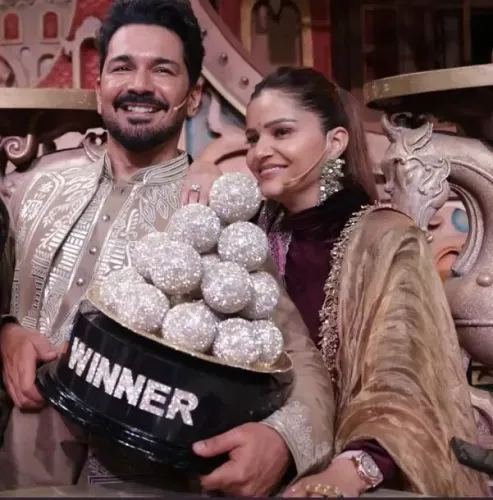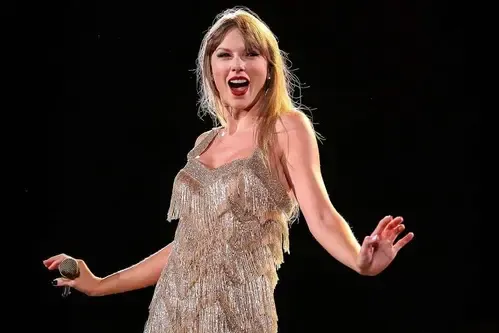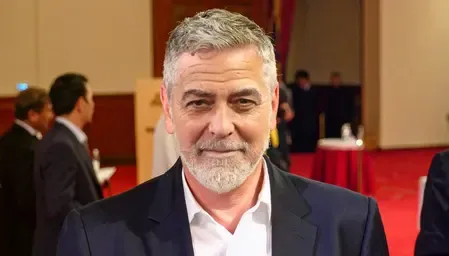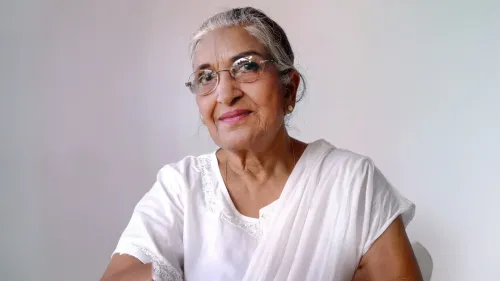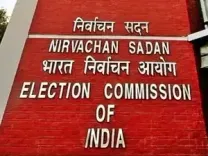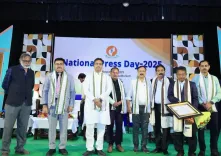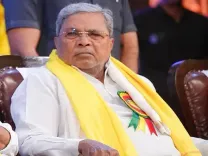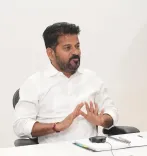Did the Delhi High Court Protect Nagarjuna’s Persona from Unauthorized Use?
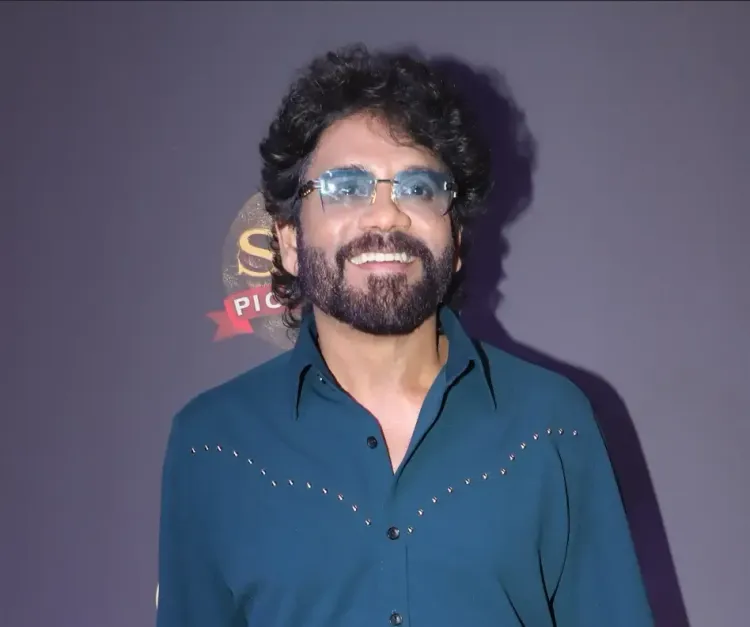
Synopsis
Key Takeaways
- Delhi High Court protects Nagarjuna's persona.
- Unauthorized use of identity is prohibited.
- Websites must remove infringing content within 72 hours.
- Legal implications for misuse of AI technologies.
- Growing trend of protecting public figures' rights in India.
Mumbai, Oct 1 (NationPress) In this era dominated by Artificial Intelligence, artists are taking measures to protect their commercial interests and creative expressions.
In a significant victory for Telugu film icon Nagarjuna, the Delhi High Court has prohibited the unauthorized commercial exploitation of his name, voice, likeness, and other aspects of his identity. The Court has instructed various websites named in Nagarjuna's petition to refrain from using his personal attributes without his explicit permission.
The Court has barred these websites from utilizing new technologies such as artificial intelligence, deepfake, and face morphing. All implicated websites must remove specified URLs mentioned in the petition within a span of 72 hours.
The misuse of an individual's personality rights threatens not only their financial interests but also infringes upon their right to maintain dignity, as emphasized by the Delhi High Court. Nagarjuna is a major cinematic figure in India with a vast fan base. Unauthorized commercial use of his identity could lead to widespread confusion among his numerous admirers.
The Court issued an interim injunction, preventing multiple websites and unnamed “John Doe” entities from exploiting Nagarjuna’s persona for commercial purposes or otherwise without his consent.
Additionally, the Court mandated the removal of identified URLs within 72 hours and instructed the Ministry of Electronics & IT and the Department of Telecommunications to enforce blocking orders. The judgment highlighted that misappropriation of personality rights not only threatens economic interests but can cause irreversible damage to an individual's reputation, dignity, and goodwill.
This ruling aligns with a growing movement in India, as notable public figures are now seeking legal protections against the AI-driven exploitation of their identities in an increasingly digital landscape.

